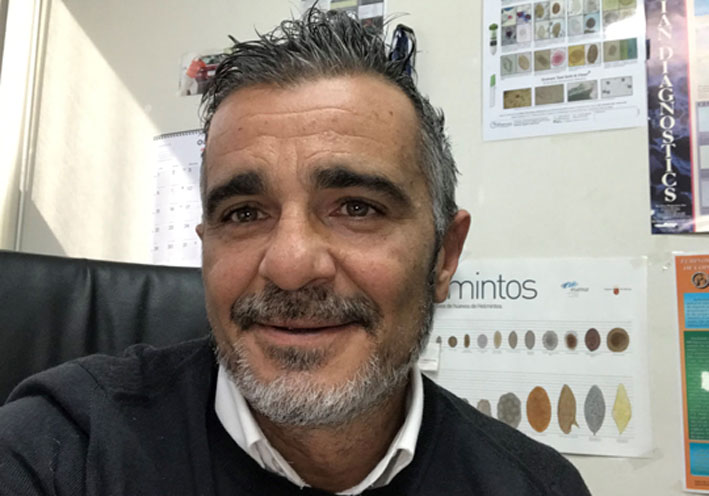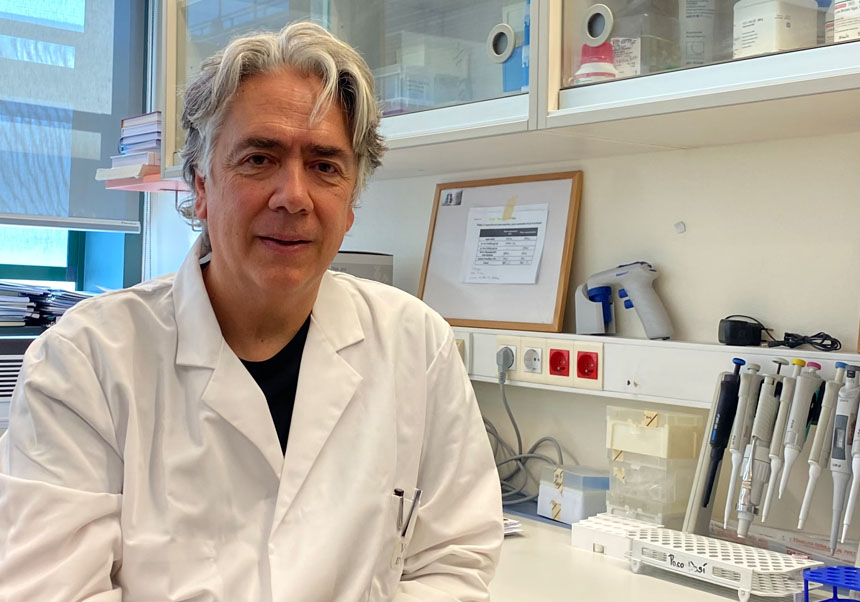The Universitat de València and the Wellcome Sanger Institute of Cambridge work together on the largest genomic research on worm parasites
- Press Office
- December 5th, 2018

Rafael Toledo, professor of Parasitology of the Universitat de València, is one of the co-authors of the largest genomic research on helminth parasites to date. It has just been published in Nature Genetics. The diseases produced by helminths or worms affect 2 billion people in the world.
Many diseases related to parasitic worms are frequently forgotten despite of the fact that they affect the most disadvantaged groups of the planet. Animals can also become infected and it may result in economic losses in the primary sector. One the one hand, there are currently no vaccines to fight them. One the other, medicines are limited and worms are highly likely to become resistant to them.
The article is entitled Comparative genomics of the major parasitic worms. It is the largest genomic research on helminth parasites to date. Researchers coming from centres of other countries, including the Universitat de València, have participated in the project. The UV researchers were coordinated by the Welcome Sanger Institute of Cambridge.
Since 2011, the researchers have conducted a massive sequencing of 81 parasite worm species, whose genomes have been written down and compared. They have found 1.6 million proteins and identified 6,000 genome families associated to pathogenic mechanisms that are related to these diseases, such as the parasite migration processes through tissues or the modulation of the immunological response produced by the host.
Thanks to the comparison of the 81 genomes, a map of the metabolic routes that the parasites follow has been built. It has determined new therapeutic courses of action to fight them. In this sense, more than 5,000 compounds have been narrowed down in the last part of the research, which allowed the identification of new active medicines to fight the pathologies that they cause.
During the last 8 years, 56 institutions of 16 different countries (6 European, 4 American, 4 Asian, 1 African and 1 Oceania) have contributed to the research. Apart form the Universitat de València, other Spanish universities have participated in the project: Complutense de Madrid, Universidad de Granada, Universidad de Salamanca and Universidad de la Laguna.
File in: Facultat de Farmàcia
















